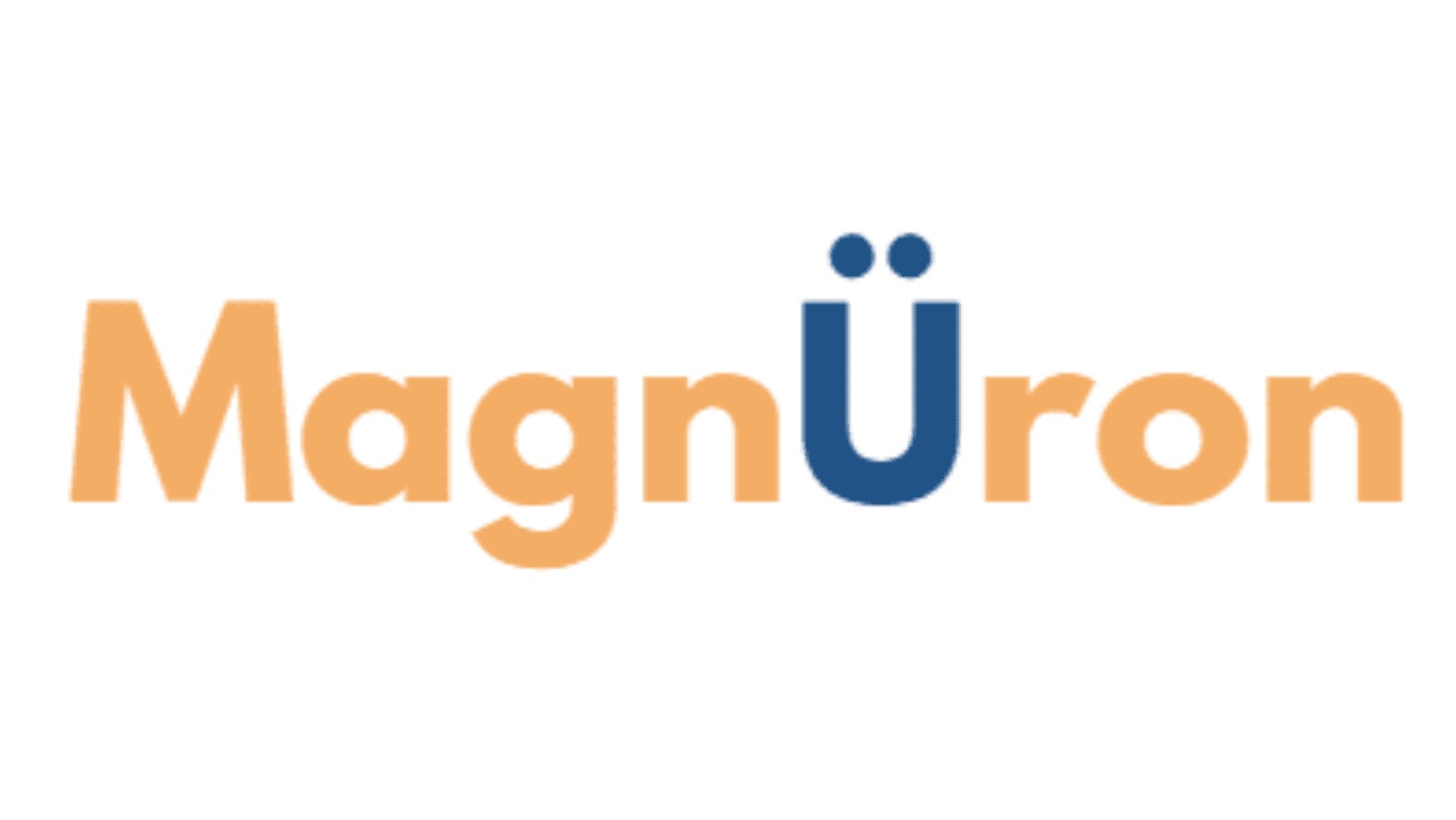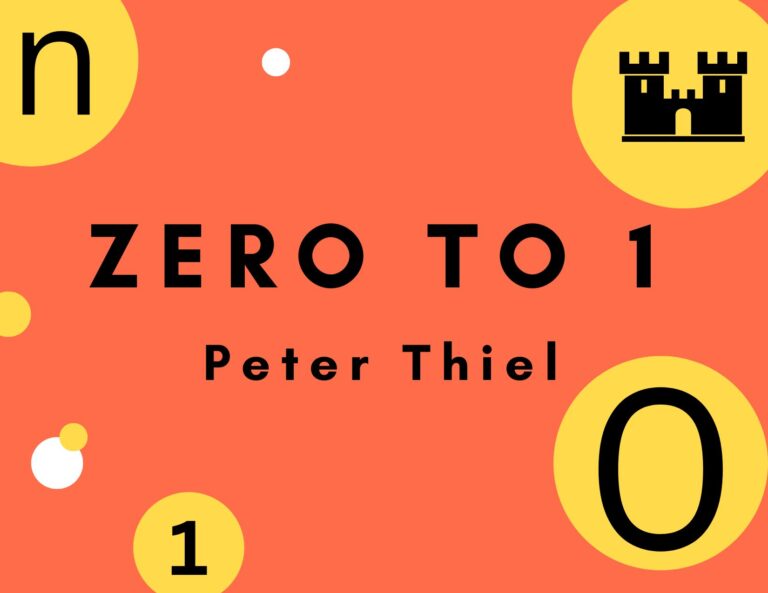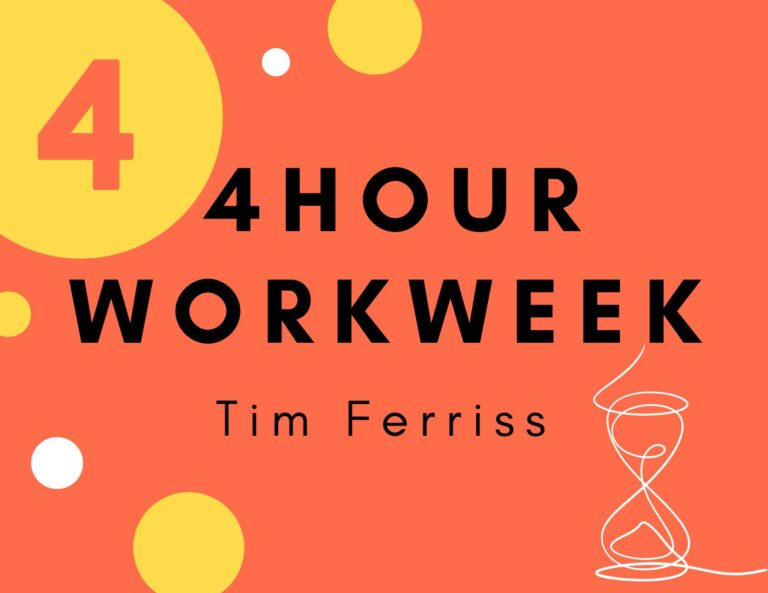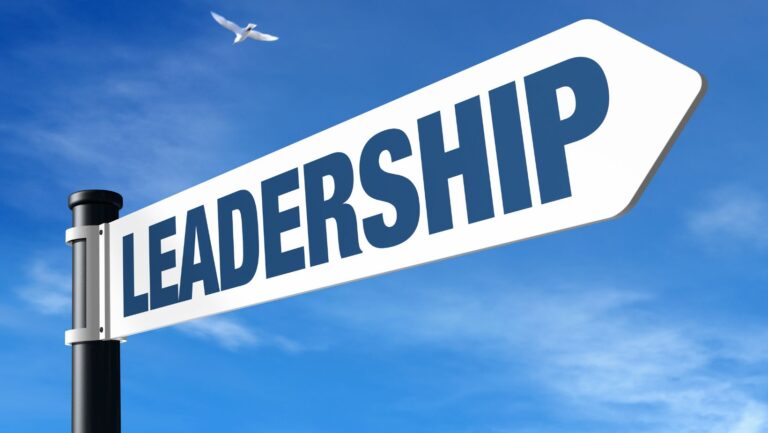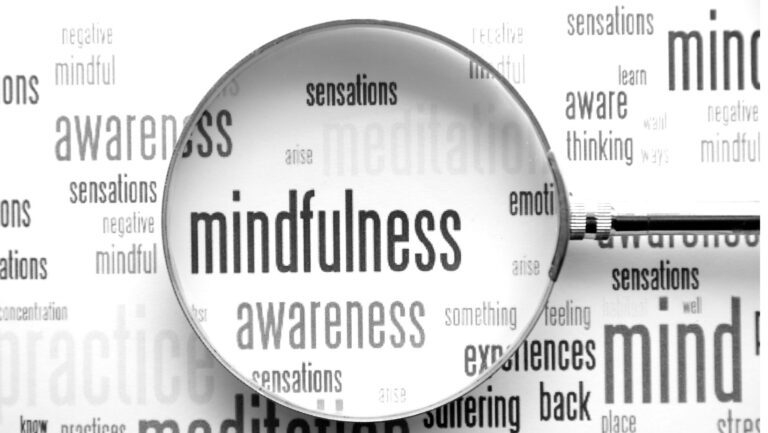Unleashing Potential: 5 Proven Strategies On How To Build Life Skills!

Have you ever pondered why some people succeed while others fail? Have you ever noticed that the brightest people are rarely in charge?
That’s because “smarts” are only a small part of what it takes to succeed. We must also develop life skills, which contain a combination of psychological and behavioral abilities.
This article will go into greater detail about what life skills are, present examples of life skills, and discuss how to develop the most critical life skills.
We’ll also talk about how life skills affect personal and professional success, as well as overall well-being.
What Are Life Skills?
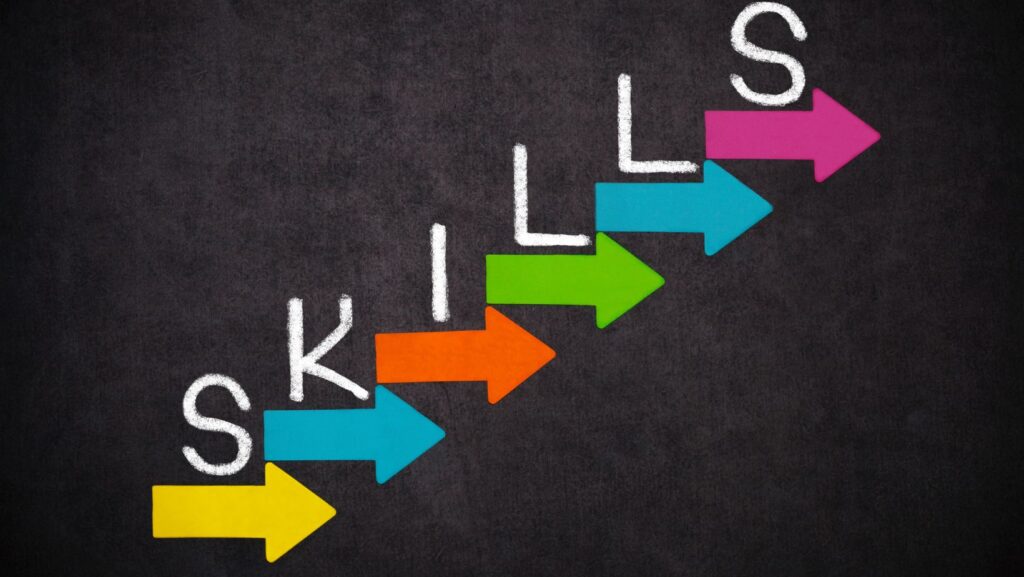
Life skills are abilities that enable humans to deal effectively with life’s demands and obstacles. They are also known as psychosocial skills since they are psychological in character and encompass both cognitive and behavioral processes.
Others define life skills as behavioral, cognitive, or interpersonal abilities that help people to excel in various aspects of their lives.
Skills are often broken down into three types:
Thinking skills: This might involve being able to think of multiple solutions to a problem, analyze situations critically, develop new innovations in a creative way, and apply logical reasoning in decision making.
Social skills: This might involve knowing how to develop healthy relationships, how to communicate in effective ways, understanding and respecting cultural differences, and how to interact with others successfully in various social contexts.
Emotional skills: This might involve being comfortable in your own skin, dealing with emotions effectively, knowing who you are, managing stress, and cultivating resilience.
According to research, acquiring life skills may aid in the reduction of drug, alcohol, and tobacco usage.
Aggression and violence may also be reduced. Apart from these larger results, life skills can simply make life easier.
We are happier and healthier when we can properly regulate our emotions and form long-term, supportive connections. This is why learning life skills is critical not only for success in life, but also for our health and well-being.
Examples of Life Skills
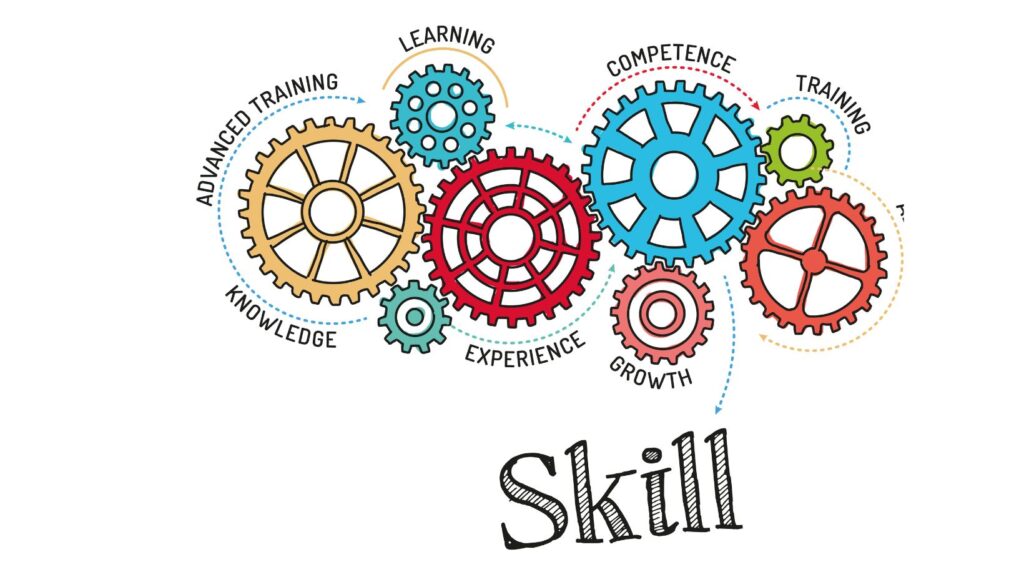
According to several key organizations, including UNICEF, UNESCO, and WHO, the following are the basic skills:
Self-awareness: Recognizing your emotions, values, strengths, and weaknesses, as well as understanding how these factors influence your thoughts, behavior, and relationships.
Critical thinking: Analyzing and evaluating information, arguments, and opinions to make informed decisions and solve problems.
Creative thinking: Generating new ideas and finding innovative solutions to problems or challenges.
Decision making: Weighing options, considering consequences, and making informed choices in various situations.
Problem Solving: Identifying issues, generating possible solutions, evaluating options, and implementing effective strategies.
Effective communication: Expressing thoughts, feelings, and ideas clearly and concisely, while also listening actively and empathetically to others.
Interpersonal relationships: Building and maintaining healthy, supportive connections with others, and resolving conflicts in a constructive manner.
Empathy: Understanding and sharing the feelings of others and responding with care and compassion.
Coping with stress: Managing and reducing the negative effects of stress through relaxation techniques, time management, and self-care practices.
Coping with emotion: Recognizing, understanding, and managing emotions in a healthy and adaptive manner.
Of course, these skills overlap, with each of them aiding and supporting the others.
There may also be other life skills and subcategories of life skills within each of these basic life skill types.
Building Life Skills
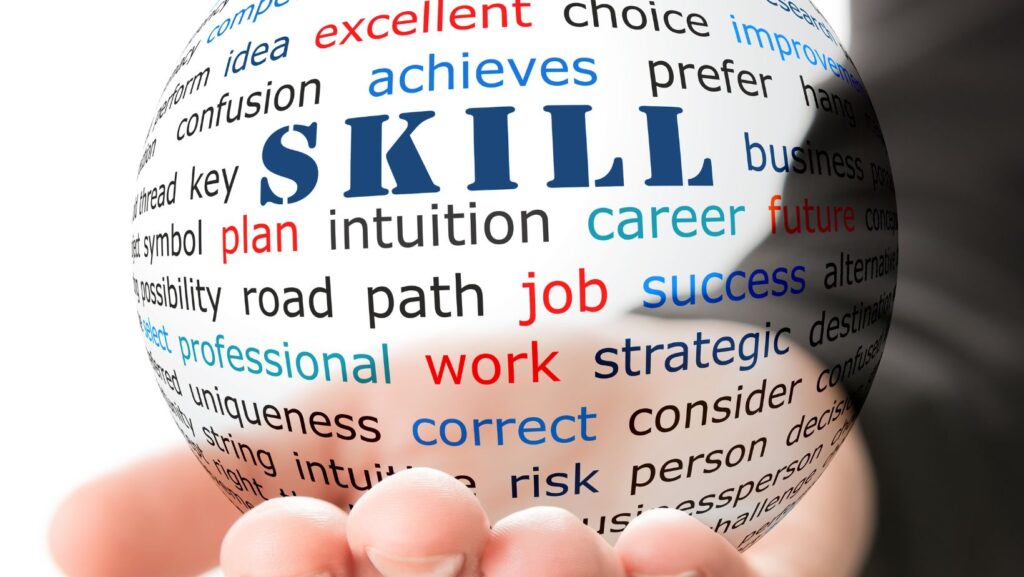
It is difficult to build life skills simply by reading about them. Building life skills often involves engaging in activities that require the skill.
With time and practice, these activities help you get better at the given life skill. So, here are a few more activities that can help you build life skills that lead to well-being:
Active listening exercises: Practice listening to others without interrupting or formulating your response while they speak. This can help you develop better communication and interpersonal skills. Learn more about active listening techniques here.
Role-playing: Participate in role-playing exercises to practice resolving conflicts, handling difficult conversations, or improving your negotiation skills. This can be done with friends, family, or in group settings.
Goal setting: Set specific, measurable, achievable, relevant, and time-bound (SMART) goals for yourself, both short-term and long-term. This can help improve decision-making, problem-solving, and planning skills.
Time management: Develop effective time management strategies, such as creating a daily schedule, prioritizing tasks, and setting boundaries. This can help reduce stress and increase productivity.
Emotional Intelligence exercises: Engage in activities that enhance your emotional intelligence, such as reflecting on your emotions, practicing empathy, and responding to emotions appropriately. Learn more about emotional intelligence exercises here.
Networking: Attend social and professional events to expand your network, practice your social skills, and learn from others. This can help you develop your interpersonal skills and grow your professional connections.
Mindfulness meditation: Practice mindfulness meditation to increase self-awareness, reduce stress, and improve emotional regulation. You can find numerous mindfulness meditation resources online.
Final Thoughts
There are numerous life skills that we may develop to improve our lives. It can be difficult to know where to begin. In general, we profit from improving our weakest skills because we will see the greatest increases.
If you’re having trouble getting started, choose something simple and pleasurable. Later on, you can progress to more harder life skills.
Recall that acquiring life skills is a lifetime process with many opportunities for growth and improvement.
Be kind with yourself and enjoy the journey. The more you spend in yourself and your personal development, the more success, happiness, and well-being you will experience.
Get advice from mentors, coaches, or therapists to help you develop these talents further. They can offer significant insights, support, and tools to assist you on your path to personal growth and achievement.
Your relationships, job, and overall life pleasure will flourish as you continue to learn and enhance your life skills.
Bio:

Ronnie Patterson
Ronnie Patterson, founder of MagnÜron, is a multifaceted entrepreneur with a diverse background in music, electronics engineering, and engineering management. Drawing on experience across various industries, He offers expertise in SEO, operations, and strategy to help businesses thrive. Possessing a unique perspective and unwavering commitment to collaboration, and ideal partner for growth and success.
